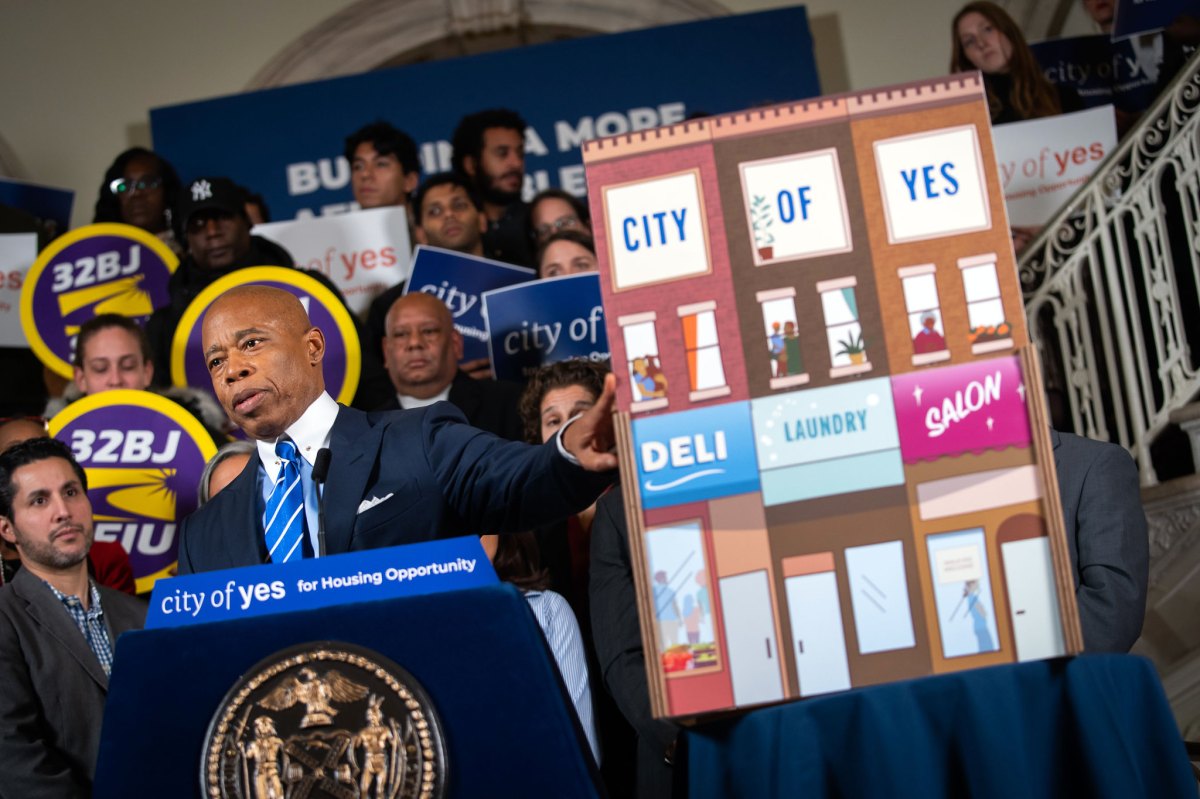
For the second consecutive year, the Rent Guidelines Board voted to allow landlords to raise rates at rent-stabilized apartments, authorizing a 1.5 percent increase for one-year leases and a 2.5 percent hike for two-year leases.
Board members gathered in Cooper Union’s Great Hall Tuesday and voted 5-4 to approve rules that will impact lease renewals starting in October. The board, appointed by Mayor Bill de Blasio, also authorized increases in 2017, after freezing rents for one-year leases in 2015 and 2016.
The board cast its votes after spending nearly four months sussing through rental market research and hearing from the tenants and landlords of the city’s rent-stabilized units.
There are roughly 966,000 rent-stabilized units in the city, about 2 percent of which are vacant, according to the 2017 Housing and Vacancy Survey.
A Rent Guidelines Board index measuring the cost of operating a rent-stabilized building found that it grew 4.5 percent and property taxes rose 6.3 percent over the past year. Buildings’ average net operating income grew for the 12th consecutive year, jumping 4.4 percent, according to board research.
At a rally outside Cooper Union, some tenants railed against rent increases before the final vote.
Mount Hope, Bronx, resident José Ponce, 33, is a student studying nutrition. He’s on disability and says assistance is limited.
“I have a cap on what I can afford and every time rents go up, it’s harder for people like us,” he said.
Advocates condemned the increase, calling housing in the city “an already desperate situation.”
“While we are in the midst of an affordable housing shortage and burgeoning homelessness crisis, it is mystifying that the Board voted to raise rents on the poorest residents for a second consecutive year,” Adrienne Holder of The Legal Aid Society said in a statement.
The Rent Stabilizaton Association, which represents landlords, said years of escalating costs combined with minimal rent increases have made it harder for owners to maintain their buildings.



































